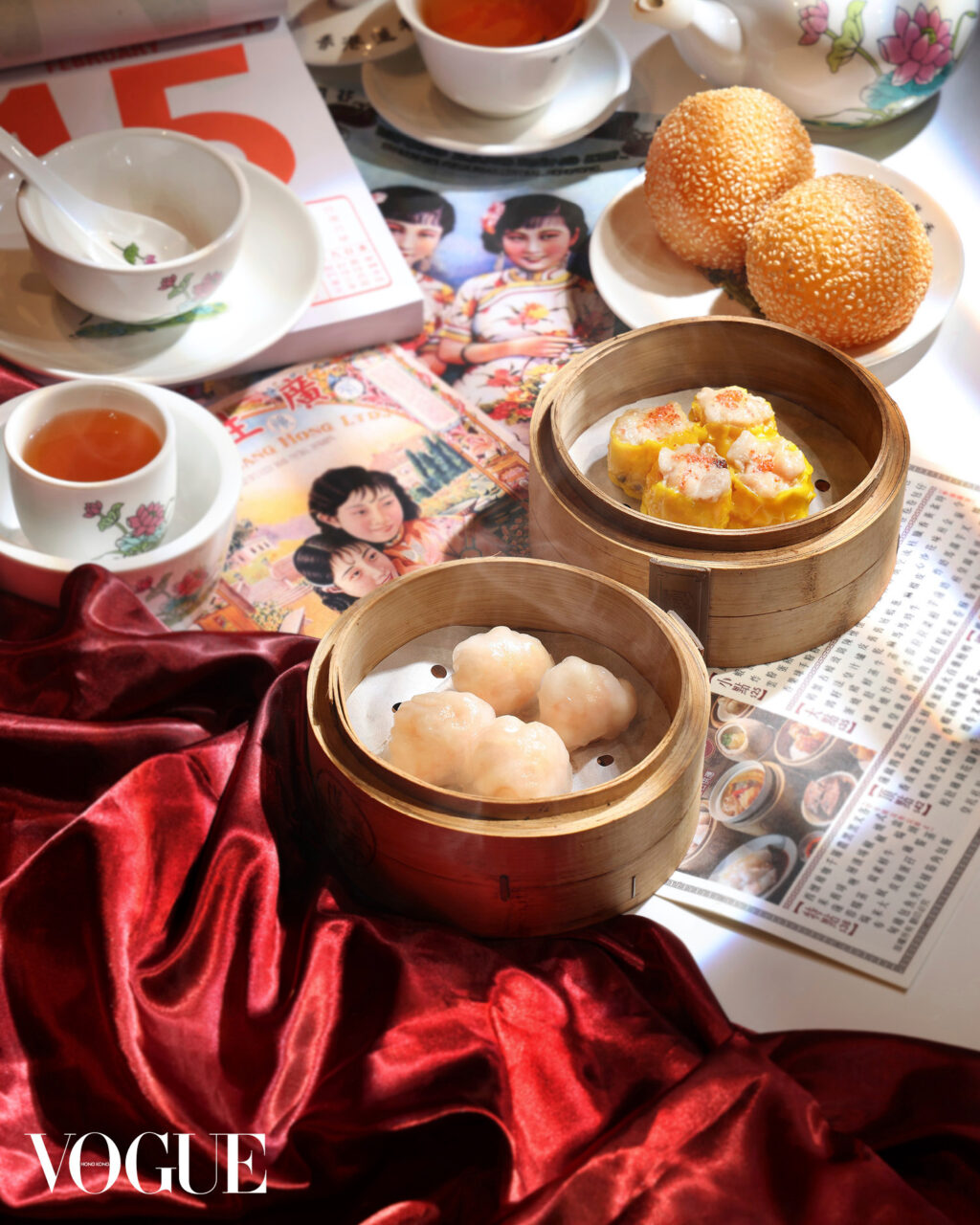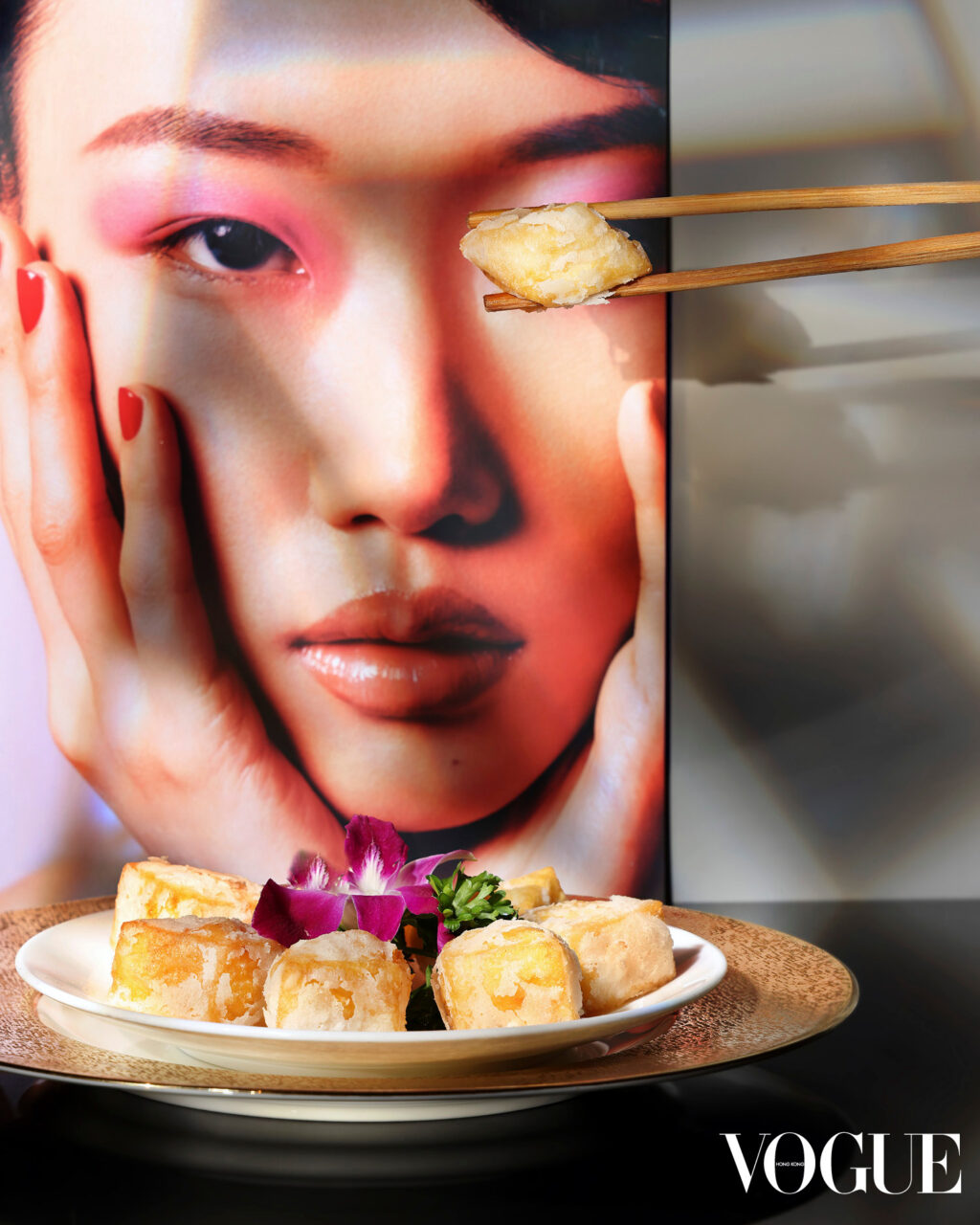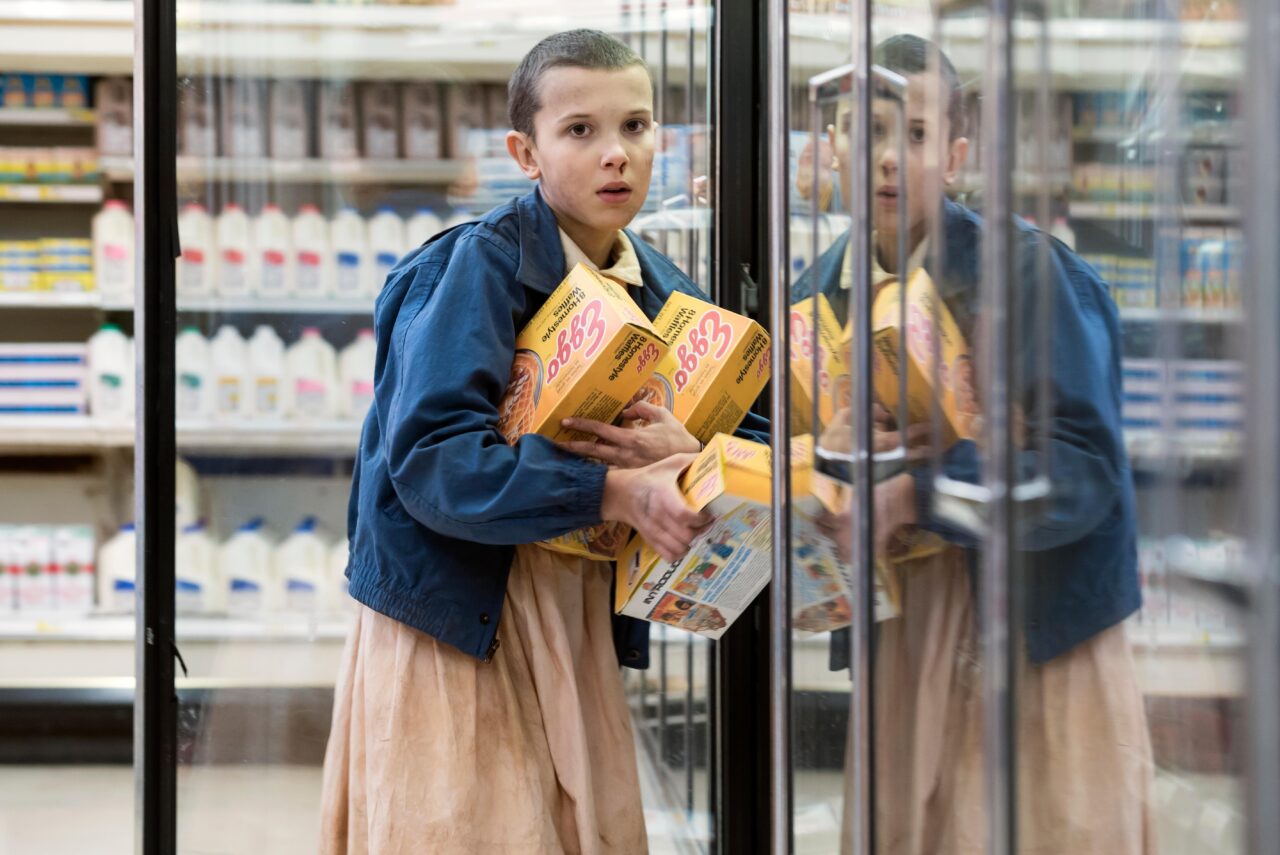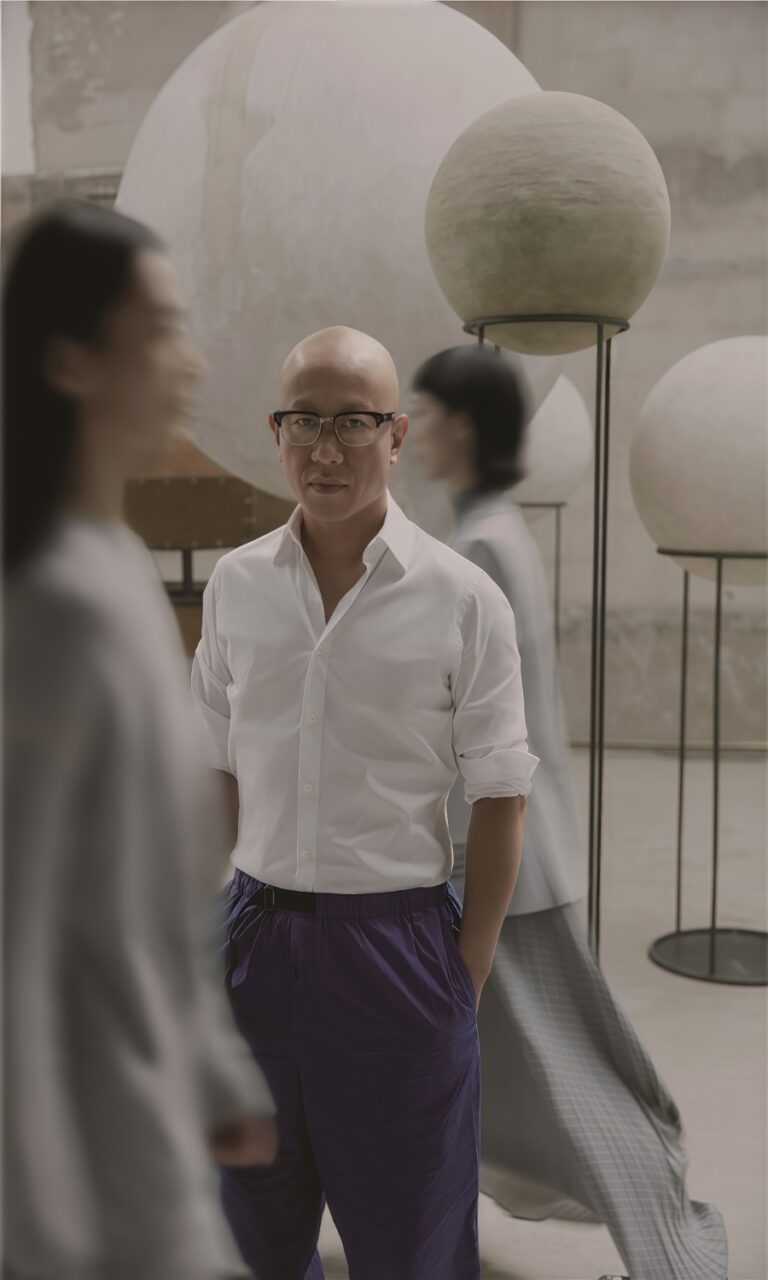A staple of Cantonese cuisine, dim sum is the physical manifestation of your heart’s desires. Dimsum pairs with the ritual of yum cha–washing the ceramic dishes, pouring tea for your elders, and, now increasingly rarely, waving down the dimsum cart aunties to pick your dishes. While traditional dim sum restaurants with dim sum carts like Metropol fade away, we spotlight three restaurants, each preserving tradition in its own way.
Lung King Heen
Chef Chan Yan Tak became the first Chinese chef in history to be awarded three Michelin stars with Lung King Heen—an achievement he always credits his team for. In 2002, Chef Chan came out of early retirement to take the helm at the then-unopened Lung King Heen at the Four Seasons, and he has remained in the position for the past 23 years. “When I retired, it was to focus on my family after my wife passed away, and I didn’t expect to return to the kitchen,” Chef Chan admits. “But when the opportunity to open Lung King Heen came along, it was something I couldn’t turn down.”
One of Chef Chan’s signature dishes is the Baked “Pineapple” Bun With Barbecued Pork And Pine Nuts. He was inspired by two classic Hong Kong favourites, the pineapple bun and “char siu bao”, and aspired to combine the best of both. The flavour of the buttery and slightly sweet golden topping contrasts with the barbecued pork filling and its subtle smoky flavour. The pine nuts bring nuttiness and a light crunch, cutting through the tenderness of the marinated pork, which was slowly cooked down. “It’s a dish that guests love because it feels familiar yet a little different,” Chef Chan says. “For me, it’s about taking something traditional and giving it a small twist to make it memorable.”
4F, Four Seasons Hotel Hong Kong, 8 Finance St, Central; @fshongkong
Lin Heung Tea House
Over the past century, Lin Heung Tea House has established a legacy in dim sum. Situated in a tenement building on the corner of Aberdeen Street, the storied restaurant is flanked by two green and red neon nameplates that have welcomed hungry diners from day to night. As one of Hong Kong’s oldest Cantonese restaurants, Lin Heung Tea House is a mixing pot of chaos and tradition. Amid instances of uncertain leases and multiple changes of ownership, the traditional dimsum cart has remained a crux of the experience.
Readied dishes are rolled out directly from the kitchen to the dining room floor on these steel carts, billowing with clouds of steam. Dim sum cart aunties shout what’s available, capturing the attention of eager diners who have been sitting on the edge of their seats for the hottest and freshest dish. Chef Yiu has been working at Lin Heung Tea House at intervals for more than a decade. He estimates that they produce at least 2,000 steamer’s worth of siu mai (a steamed dumpling with a variety of fillings, typically pork and shrimp) per day during holiday seasons. Besides the most classic dishes of siu mai and har gao (steamed shrimp dumplings), Chef Yiu lauds their deep fried hollowed seasame ball, which has a crispy golden crust coated with white sesame, and a glutinous, chewy interior.
160 Wellington St, Central; @linheunglau
Seventh Son (Wanchai)
In 2013, Chui Wai Kwan stepped away from his father’s famed Fook Lam Moon chain of traditional Cantonese restaurants to establish a restaurant of his own. As the seventh son, he started apprenticing under his father at the tender age of 14. From then, he developed a razor-sharp awareness of high-quality ingredients and acquired meticulous Chinese cooking skills, both of which are at the heart of his own one-Michelin-star restaurant. Executive Chef Chan has been working for more than four decades, and eleven of those years have been spent at Seventh Son.
The Deep-fried Egg Custard With Chicken Testicles evolved from a street snack to a rare dish found far and few between. The recipe originated from Chef Chui’s father, who sought ways to elevate the snack, and for the past 77 years, both the recipe and cooking method have been preserved. A blend of chicken, Jinhua ham and pork, their prized stock is simmered for 5-6 hours before being combined with eggs and cornstarch. Once solidified in a diamond-shaped mould, the jiggly blocks are dredged in a thin coat of batter and deep-fried. “Not too slow nor too intense,” Chef Chan says of the speed of frying and the strength of the fire. Crispy on the outside, while silky smooth on the inside, the deep-fried dish emits a tantalising scent and is served with sugar and hoisin sauce.
3/F, Wharney Hotel, 57-73 Lockhart Road, Wan Chai; seventhson.hk
Photography: Samantha Sin
Styling: Ella Wong
Editor
Karrie Lam






